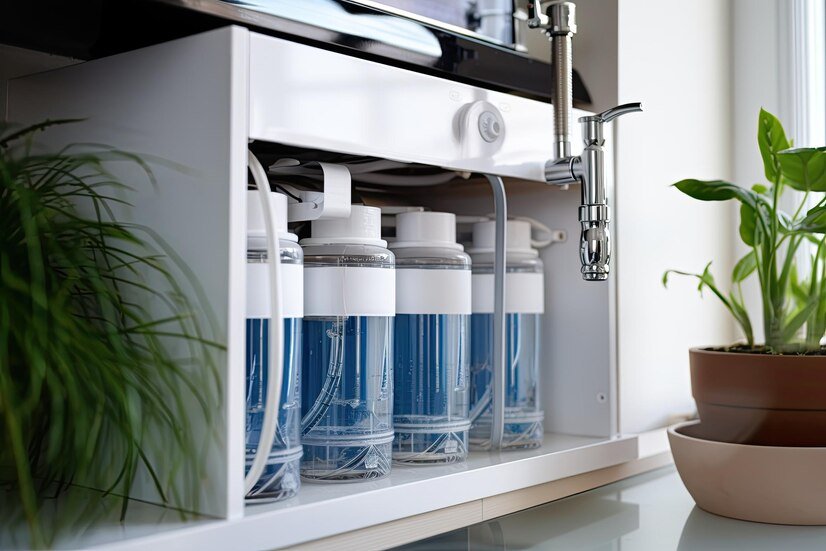
Water makes up 60% of your body and 71% of the earth’s surface. Clean water will make you feel better and improve the cleanliness of your pots, clothing and pipes. Discover 3 tips for purchasing the best salt-free water softener.
What is Hard Water?
Not all water is the same. The water in each Texas town is slightly different in terms of chemicals, colors and odors. Generally, hard water includes high levels of calcium, magnesium carbonate and manganese.
Over time, this hard water is more likely to build up on your pipes, pans and appliances. It makes it more difficult for you to remove bacteria, dirt and deposits during washing. Soft water is better for cleaning.
But, I don’t want to deal with all that salt.
With a salt-free water softener, you can enjoy soft water without the salt. These salt free water softeners might use a physical process called “Template Assisted Crystallization (TAC),” which turns the aforementioned chemicals into hardened crystals. These crystals cannot adhere to pots, pipes or clothing.
So, what should you look for in one of these advanced water softeners? We will provide you with 3 valuable tips here:
1. Testing Water
The first thing that you should do is test your water – get a list of all the chemicals found in each gallon of water. These will list the number of grains for calcium, magnesium carbonate, manganese and so forth. You can choose from either a DIY testing kit or hire a professional water analyst.
The benefit of a water analyst is that he can help you interpret the results. He might also be able to explain any historical events that might impact your Texas water.
2. One Application or Full House?
You can buy a water softener for one room or for the full house. Perhaps, you want to concentrate on your bathroom. With a full house water softener, you can also reduce the deposits within your pipes.
3. Calculating Total Operating Costs
Determine how much it will cost you to operate your water softener, each year. Generally, water softeners should last at least 10 years. Therefore, you can take the total cost of the purchase, divide it by 10 and depreciate its value, each year.
Also, include extra costs. With a salt free water softener, you still might need to replace the filters. Experts suggest that you replace the filters every 6 months – it depends on your water quality and usage.
Compare different water softeners; you can ask the advice of experts, who have used both. Water softeners provide many hidden functions. But, these are still very important because they provide clean water for your entire family.